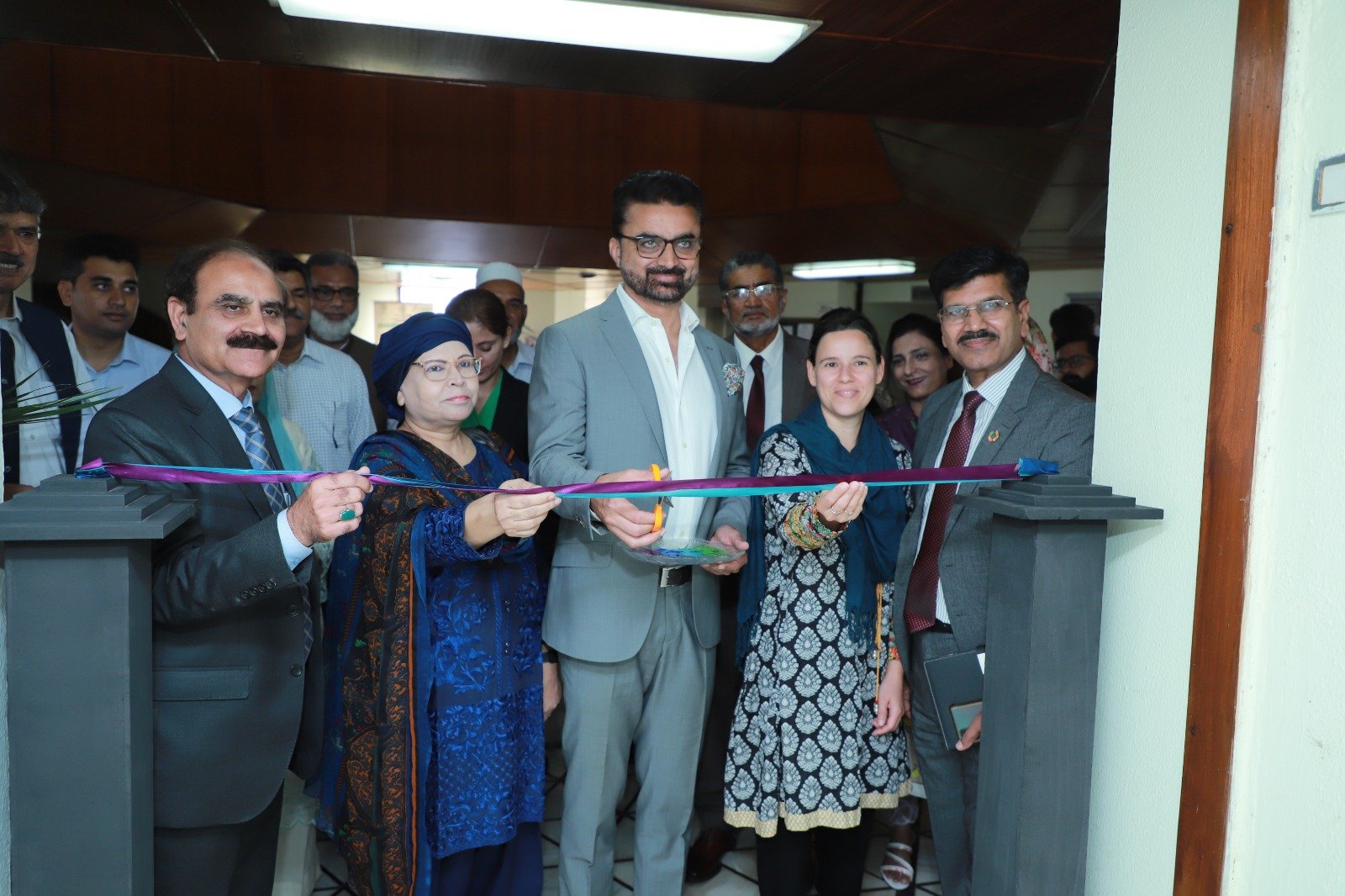This innovative platform is designed to track progress, ensure accountability in action plans supporting food systems transformation, and provide valuable insights for policymakers.

In a concerted effort to address food security challenges and transform Pakistan’s food systems, the Government of Pakistan, in collaboration with the Global Alliance for Improved Nutrition (GAIN), has unveiled the “Pakistan Subnational Food Systems Dashboard” (PSFSD).
This pivotal initiative was jointly inaugurated by the Pakistan Agricultural Research Council (PARC) and the Ministry of National Food Security & Research (M/o NFS&R) in an event signaling the government’s commitment to strengthening the country’s food systems.
The Pakistan Subnational Food Systems Dashboard is an outcome of collaborative efforts between GAIN, the Food and Agriculture Organization (FAO), Johns Hopkins University, and the Columbia Climate School at Columbia University.
This innovative platform is designed to track progress, ensure accountability in action plans supporting food systems transformation, and provide valuable insights for policymakers. It aims to enhance the availability and accessibility of safe and nutritious food, ultimately benefiting those at risk of hunger, malnutrition, economic challenges, climate shocks, and environmental degradation.
Captain (Retd) Muhammad Mahmood, Federal Secretary of the Ministry of National Food Security & Research (M/o NFS&R), emphasized the crucial role of accurate data in formulating public policies and programs. He lauded GAIN, FAO, Johns Hopkins University, and the Columbia Climate School for their support in establishing the Pakistan Subnational Food Systems Dashboard and commended PARC for hosting this valuable resource.
Dr. Ghulam Muhammad Ali, Chairman of PARC, acknowledged the collaborative efforts of all stakeholders and development partners, especially GAIN, FAO, and the World Food Programme (WFP), in developing this prototype Subnational Food System Dashboard.
Farrah Naz, Country Director of GAIN, emphasized the significance of data and assured GAIN’s support for future policy reviews and formulation. She also applauded PARC’s leadership in advancing the Pakistan dashboard.
The technical discussion was led by Ms. Catia Pedro, Program Coordinator (Food Systems Dashboard) at GAIN, and Mr. Faiz Rasool, Senior Policy Advisor at GAIN, who underscored the transformative potential of the Food Systems Dashboard in Pakistan’s food systems through data and evidence.
Country leadership representatives from FAO, WFP, and GAIN provided insights into Pakistan’s research gaps, data collection challenges, and opportunities for transformative policymaking to enhance food security, climate resilience, and economic prosperity.
Dr. Ghulam Sadiq Afridi, Member of the Social Sciences Division at PARC, discussed the roadmap for PARC’s leadership in managing and sustaining the PSFSD and plans for its adoption by institutions and research departments.
Naseer Ahmed, Director of Statistics at the Pakistan Bureau of Statistics, acknowledged the role of the Stakeholder Advisory Group in developing the PSFSD into a comprehensive, credible, and usable platform.
The event witnessed participation from a diverse range of stakeholders, including government officials, academia, research institutions, civil society organizations, and the development sector.
Key representatives emphasized the critical role of the Pakistan Subnational Food Systems Dashboard in bridging evidence gaps by collecting national and local data across various food systems indicators, enabling stakeholders to make informed decisions and take action at national, provincial, and local levels.
Leading federal government partners and development organizations expressed their commitment to using data and evidence for decision-making, policy formulation, and cross-sector collaboration to transform Pakistan’s food systems. This initiative signifies a significant step forward in addressing food security challenges and enhancing the well-being of the Pakistani population.